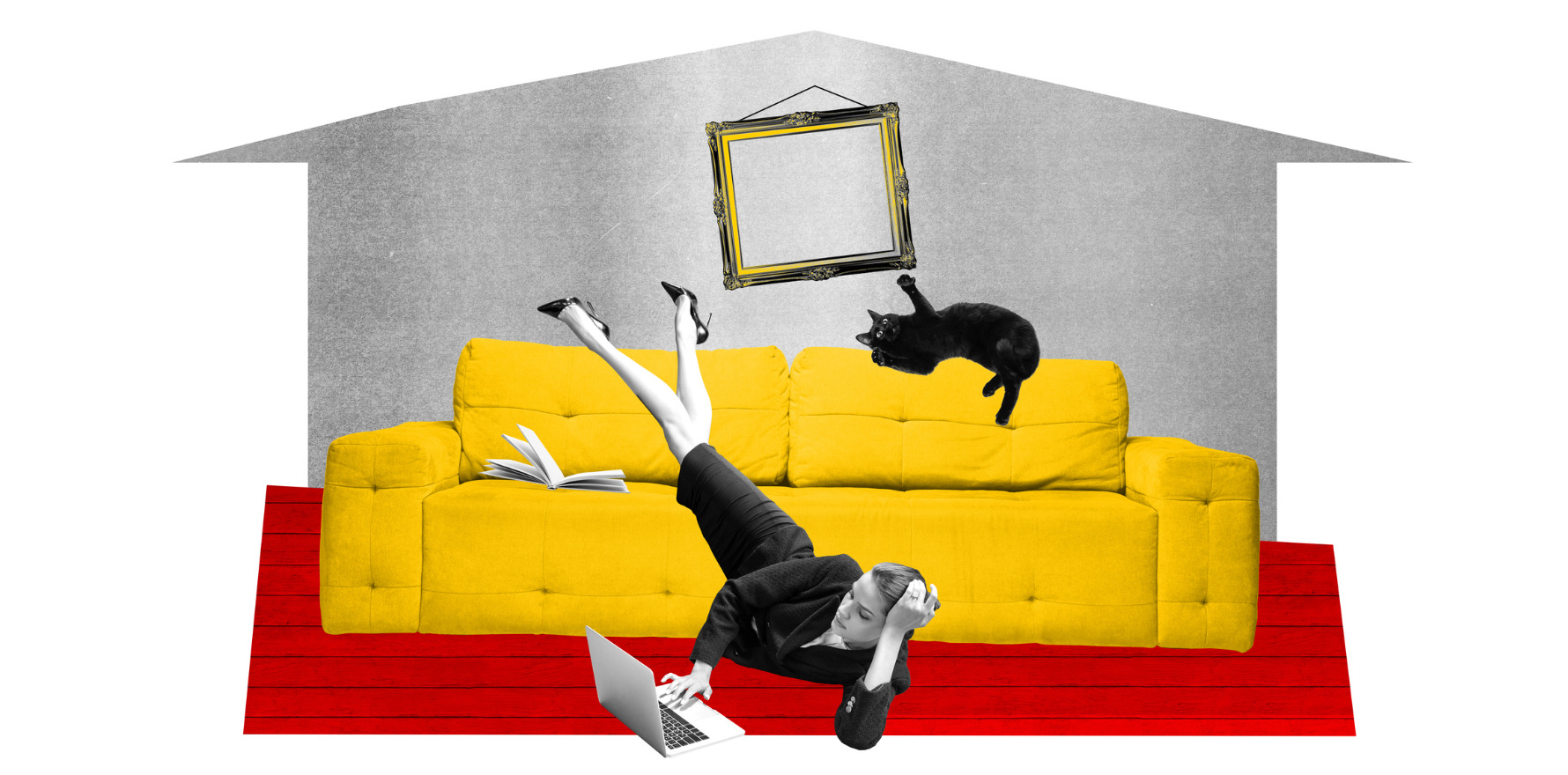DoHDA isn’t the first, or the last, workplace to get nervous about the empty chairs in the office.
Blair Comley wandered into the weeds earlier this week when he dared to suggest that a percentage of his public servants at the DoHDA work from home a little more often than he’s entirely comfortable with.
Now, we all know that when the late lamented Peter Dutton threatened to send all public servants back to the office, it was just one more nail in the coffin of his already pretty nail-riddled election campaign.
So, tiptoe through the WFH tulips, Mr Secretary.
To be fair, Mr Comley was very quick to make it clear that he was neither impugning the productivity of his WFH employees, nor planning on making any big changes.
According to a conversation he had on a panel at last Tuesday’s AFR Government Services Summit, the DoHDA secretary said just 22% of his 7000 employees worked in the office.
“I worry about short-term productivity,” he said.
He was also worried about the culture of largely WFH offices.
“I’m really worried about not just those task-based things, but what’s happening to kind of learning, development, mentoring, and what’s happening to the social capital,” he said.
“Because if your work becomes transactional, then as soon as something doesn’t quite work out, you leave.
“Whereas, if you’ve got much more than transactional, but you’ve got a social network, you’ve got an interaction with people, it’s much, much more resilient.”
I get Mr Comley’s worries.
I’ve worked from home since 2014, and it is perfect for me and my personality. I’m one of those people who is way more productive at home than in the office. There are fewer distractions and I like to sing, play music and curse at my computer. It all helps me focus.
And therein lies the rub for people – bosses mainly – who want to have One Rule For Everybody.
Some people work hard and well from home, some people need the discipline and routine of the commute and the social rules of being in an office with other people.
You cannot legislate personality, peeps.
According to the AIHW, before covid about 13% of Australians worked from home all or most days of the week. By April 2022 that number had risen to 30%. The proportion of people working from home at least one day a week had risen to about 46%.
What does the research say about productivity in the WFH space?
Well, I could cite a bunch of studies here, but the bottom line is it’s a mixed bag.
Related
“Working from home may affect productivity (that is, the measure of output per unit of labour) of employees in different ways,” says the AIHW.
“For example, it may have hindered productivity due to the physical distance between colleagues and challenges in collaborating and exchanging information.
“On the other hand, many employees have an improved work-life balance due to the elimination of their daily commute and being better rested for work as a result (Productivity Commission 2021).”
Horses for courses, in other words. WFH policies, to be successful in terms of productivity, must be flexible, case-by-case, tailored for each worker.
Mr Comley is right about one other thing. Managing conflict and interpersonal differences was easier to do face-to-face, he said.
Speaking as both a WFH worker, and a WFH manager, there’s no question managing people, relationships, conflicts and dynamics is easier in person.
And that’s why I think bosses are “worried”, “concerned” and “looking for balance”.
Managers have to work harder when an office is largely WFH. That’s it, bottom line. Managers have to take more time to communicate, and make more effort to create a cohesive and supportive team.
When bosses start complaining about WFH, I suspect it has less to do with productivity and balance, and more to do with not wanting to work harder.
Call me cynical, if you like. But WFH is here to stay. People need to get over it.
Meanwhile, I’m in Adelaide covering the Australian Medical Association’s national conference. Pray for me.




